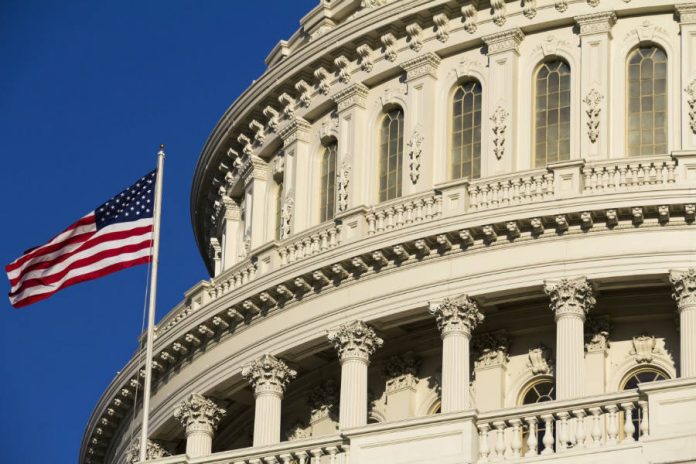
On Thursday afternoon, the U.S. Senate voted to repeal FCC rules that establish internet service providers cannot collect user data without their consent. To be fair, the regulations also say they cannot share nor sell this information to third parties.
The landmark decision is seen as the first major victory of the Federal Communications Commission under the leadership of Ajit Pai. He served alongside former head Tom Wheeler and saw these very same rules approved back in October.
Republican Senator Jeff Flake was the main promoter of the Congressional Review Act (CRA) that would effectively overturn these guidelines before they can even be applied. Providers like Verizon, Comcast, and AT&T would benefit the most from the ruling.
ISPs now can legally collect user personal information without their consent
Senate members voted 50-48 in favor of rolling back a set of regulations approved last October. Basically, these norms established that internet companies need your permission to gather and share your data in any way.
As a result of the new online privacy governance, ISPs had to explicitly provide users with clear options to opt in and out of these services. They had to outline each single information item they intended to collect and who might be a beneficiary of this data, either for free or in exchange for something.
As a result, cable companies and internet providers suddenly had to issue forms, awkwardly asking consumers directly if they wanted to be spied on. Information typically gathered by these firms includes social security numbers, dates, names, birthdays, bank accounts, and so on.
For a short period, ISPs had to stick to the rulebook, but it is a free for all once again, and it would not be surprising if they started getting rid of formalities and pleasantries with users right away.

What does the future hold for internet privacy rules in the U.S.?
FCC Chairman Ajit Pai served for long as a Commissioner during Tom Wheeler’s tenure, representing the interests of Republicans under a very liberal and forward-thinking leadership.
Now in command of the Commission, Pai has the final word on which rules are passed or not, although most proposals are voted among the members of the government institution.
With his new powers and with the help of the Republican majority in both Congress and the Senate, the FCC Chairman can start repelling all the rules he opposed over the last few years, culminating with the end of net neutrality legislation itself.
After it passes on the Senate floor, there is one last chance for the resolution to be overturned: the President himself must sign it, but President Donald Trump is not precisely an ally of user privacy and freedom of speech.
Source: The New York Times










